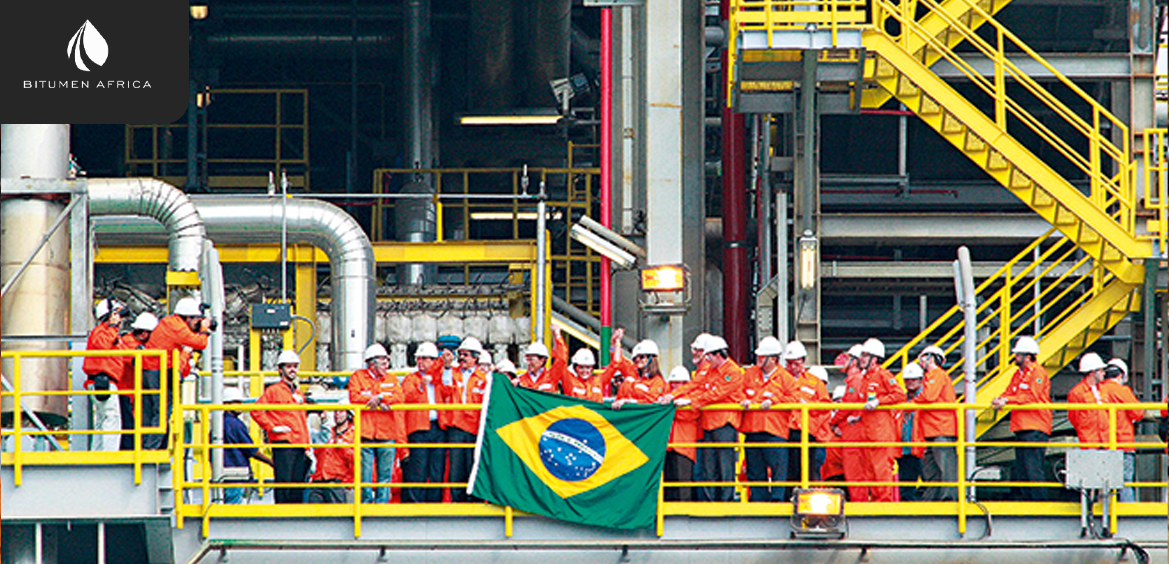The COP climate summits are designed to advance global efforts against climate change, encouraging a green transition and economic decarbonization. However, the conferences themselves have faced criticism for environmental contradictions, including unsustainable developments in host countries, a heavy presence of fossil fuel lobbyists, and widespread use of private jets.
This year, COP30 will be hosted by Brazil, a nation with deep ties to the fossil fuel industry. Under former president Jair Bolsonaro, Brazil saw an alarming rise in deforestation, with massive losses in the Amazon rainforest. President Lula da Silva, elected in 2023, has pledged to end deforestation by 2030, though he simultaneously continues to support the country's oil production.
Controversy has emerged over a new four-lane highway being built in the Amazon ahead of COP30 in Belém. The project has already destroyed vast tracts of protected land, sparking outrage among local communities and environmentalists. Scientists warn that the road could fragment the rainforest ecosystem, while residents complain about inadequate compensation for lost lands crucial to their livelihoods.
Despite these concerns, President Lula maintains that COP30 will be historic, emphasizing that it is taking place within the Amazon rather than merely being about the Amazon. He aims to use the summit to highlight the region’s needs and present Brazil’s efforts to protect the rainforest to an international audience.

